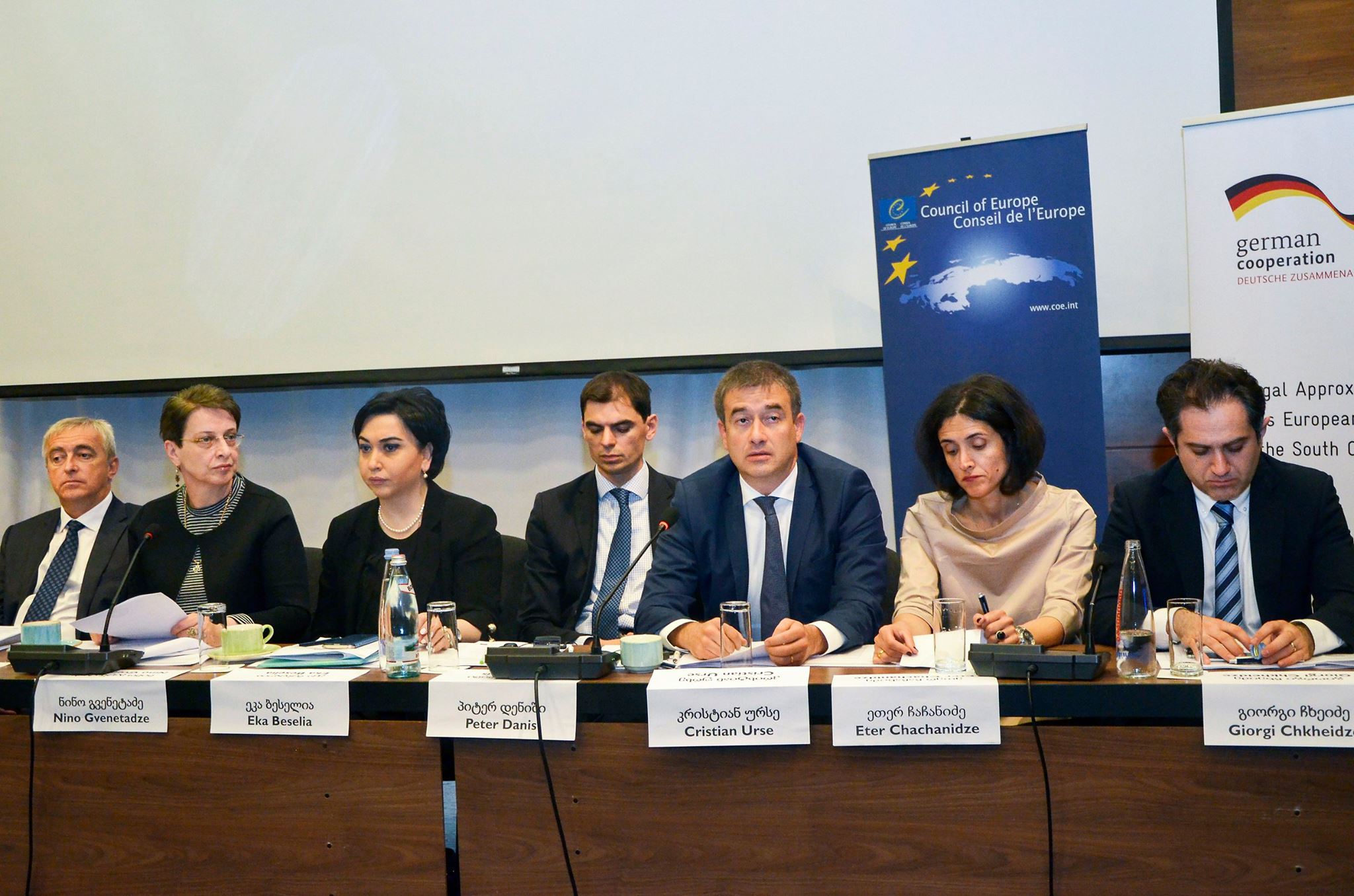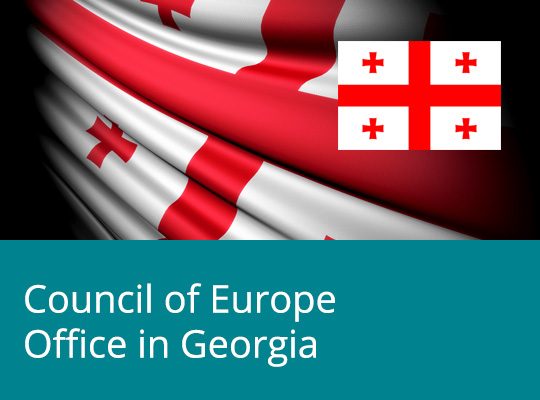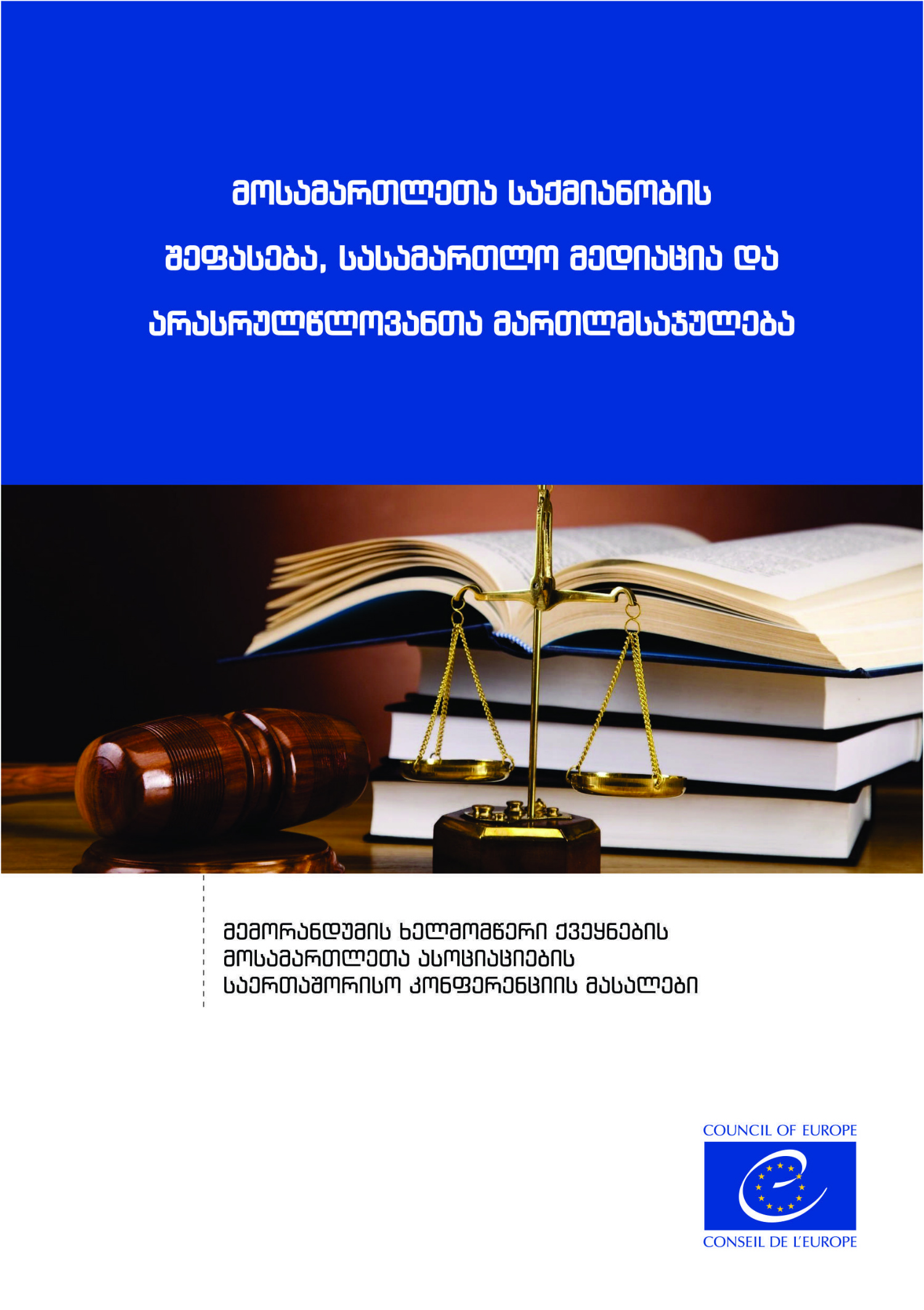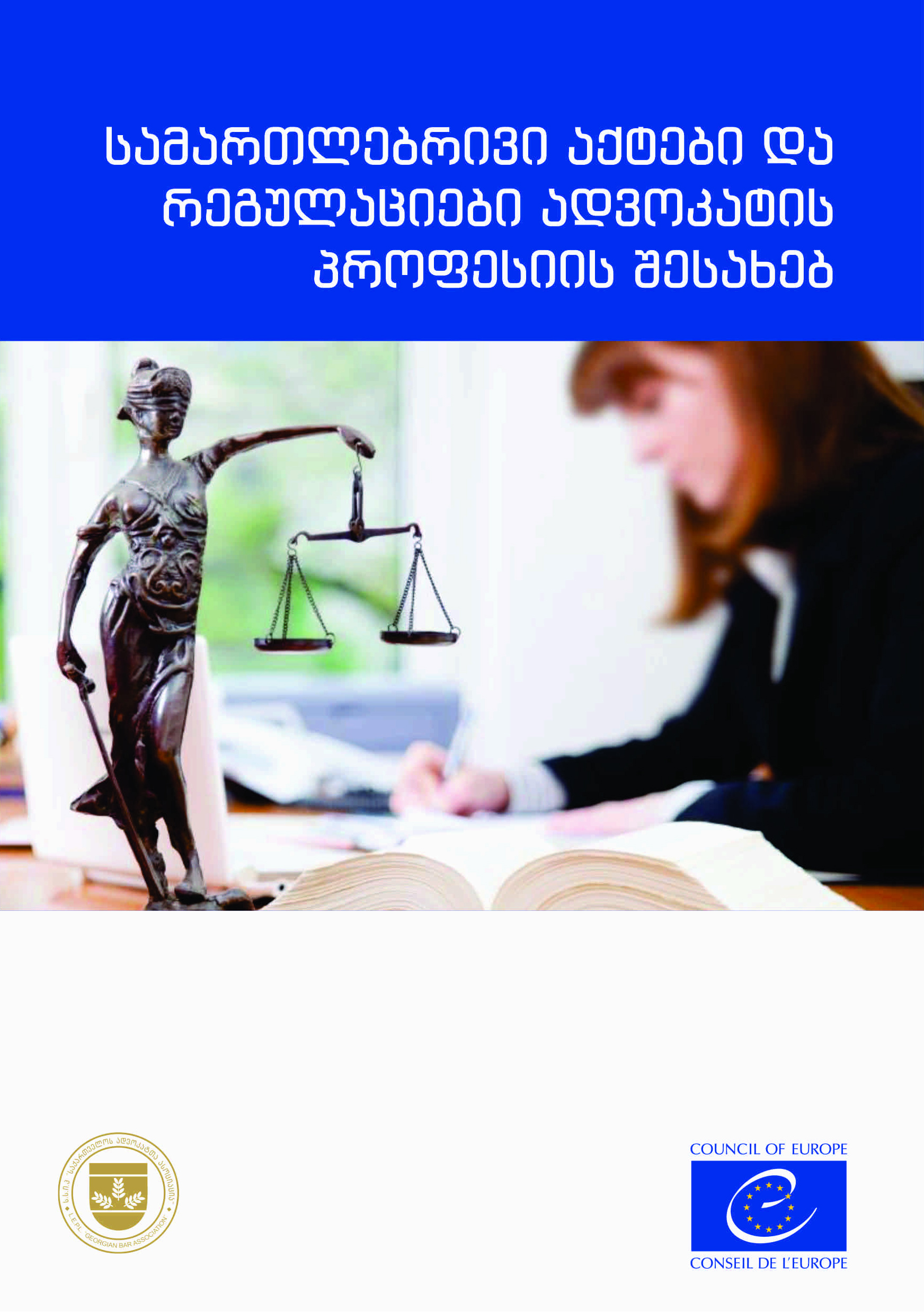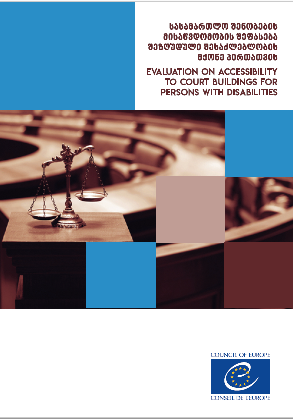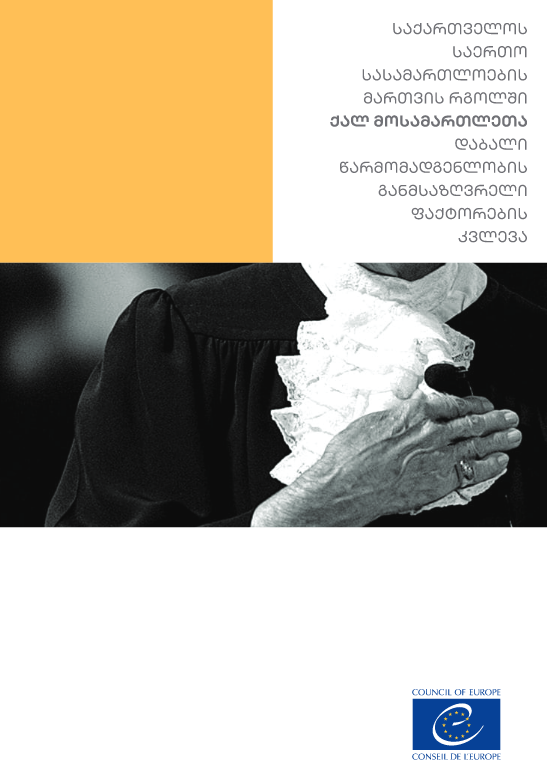On May 23 2017 in Tbilisi, the Judicial Strategic Committee finalised its work by adopting the 2017-2021 Judicial Reforms Strategy and its 2017-2018 Action Plan. The Committee commenced its work on 23 May 2016 and held over 40 working meetings to identify challenges and to proposed solutions for an independent, efficient, transparent functioning of the judiciary in Georgia. The process of drafting the Strategy was assessed as transparent and inclusive and it involved judges and representative of governmental agencies, the civil society, academia and international organisations. During the final Committee session held on 23 May, one of the High Council of Justice (HCoJ) members noted “The adoption of the Strategy is the highlight of the 4 year mandate of the Council’s current composition”. The HCoJ plans to approve the Strategy and Action Plan on 29 May 2017, which will mark the start of the implementation stage.
The Strategy tackles five main pillars of the judicial system: Independence, Accountability, Efficiency, Quality and Access to Justice. The Council of Europe provided expertise throughout the drafting process and supported the Committee in its work alongside with other partner donor organisations: European Union Delegation in Georgia, UNDP Georgia, EWMI PROLOG and GIZ.
The activity was co-organised by the Council of Europe Project "Support to the Judicial Reform in Georgia". This Project is funded by voluntary contributions of Bulgaria, Liechtenstein, Norway, Slovakia and Sweden to support the implementation of the Council of Europe Action plan for Georgia 2016-2019.



